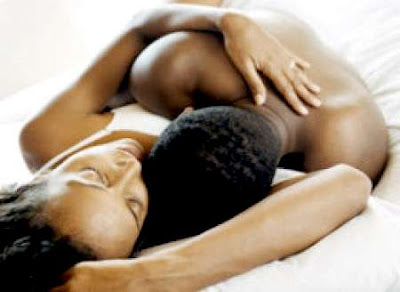Follow @Escapades007
Nigeria as a country is a multilingual and multicultural entity with different ethnic groups and tribes (over 300). Most of these diverse tribes have distinct languages, traditions and culture that set them apart from others.
This is reflected in the food, costume,
ceremonies and celebrations of the people, especially festivals, funerals,
marriage rites among others.
In this Nigerian Heritage Series, we shall
look at the festivals (and other ceremonies) among the different ethnic groups
and tribes in the country a s
 One of the most popular festivals in the
country is the Igue festival among the
One of the most popular festivals in the
country is the Igue festival among the Binis
Dating back to the old Benin Empire, the festival was said to have originally celebrated to renew Oba Ewuare's the Great (1440-1473 AD) magical powers.
 One of the main high points of the festival is
the giving of blessings to the land and the people by the Oba (King) of Benin, Omo N’
Oba, Nedo Uku Akpolokpolo, Erediauwa 11 (present monarch).
One of the main high points of the festival is
the giving of blessings to the land and the people by the Oba (King) of Benin, Omo N’
Oba, Nedo Uku Akpolokpolo, Erediauwa 11 (present monarch).
Igue is a colourful festival spiced with
music, dance and celebration with generous use of coral beads in the costumes
as can be seen from these photos.
Nigeria as a country is a multilingual and multicultural entity with different ethnic groups and tribes (over 300). Most of these diverse tribes have distinct languages, traditions and culture that set them apart from others.
 |
| The |
 |
| A Bini bridal headgear |
 One of the most popular festivals in the
country is the Igue festival among the
One of the most popular festivals in the
country is the Igue festival among the Dating back to the old Benin Empire, the festival was said to have originally celebrated to renew Oba Ewuare's the Great (1440-1473 AD) magical powers.
 One of the main high points of the festival is
the giving of blessings to the land and the people by the Oba (King) of Benin, Omo N’
Oba, Nedo Uku Akpolokpolo, Erediauwa 11 (present monarch).
One of the main high points of the festival is
the giving of blessings to the land and the people by the Oba (King) of Benin, Omo N’
Oba, Nedo Uku Akpolokpolo, Erediauwa 11 (present monarch).
Your comment(s) is important. Send comments/suggestions to 08054701481 (SMS only)








Comments
Post a Comment